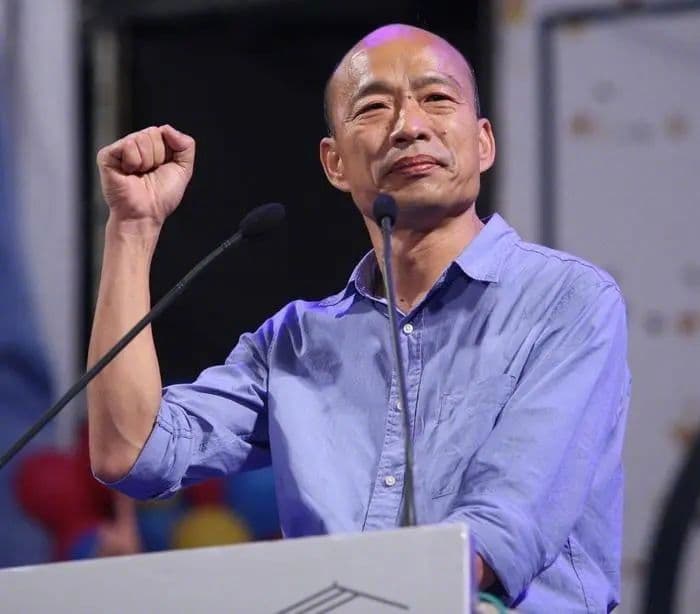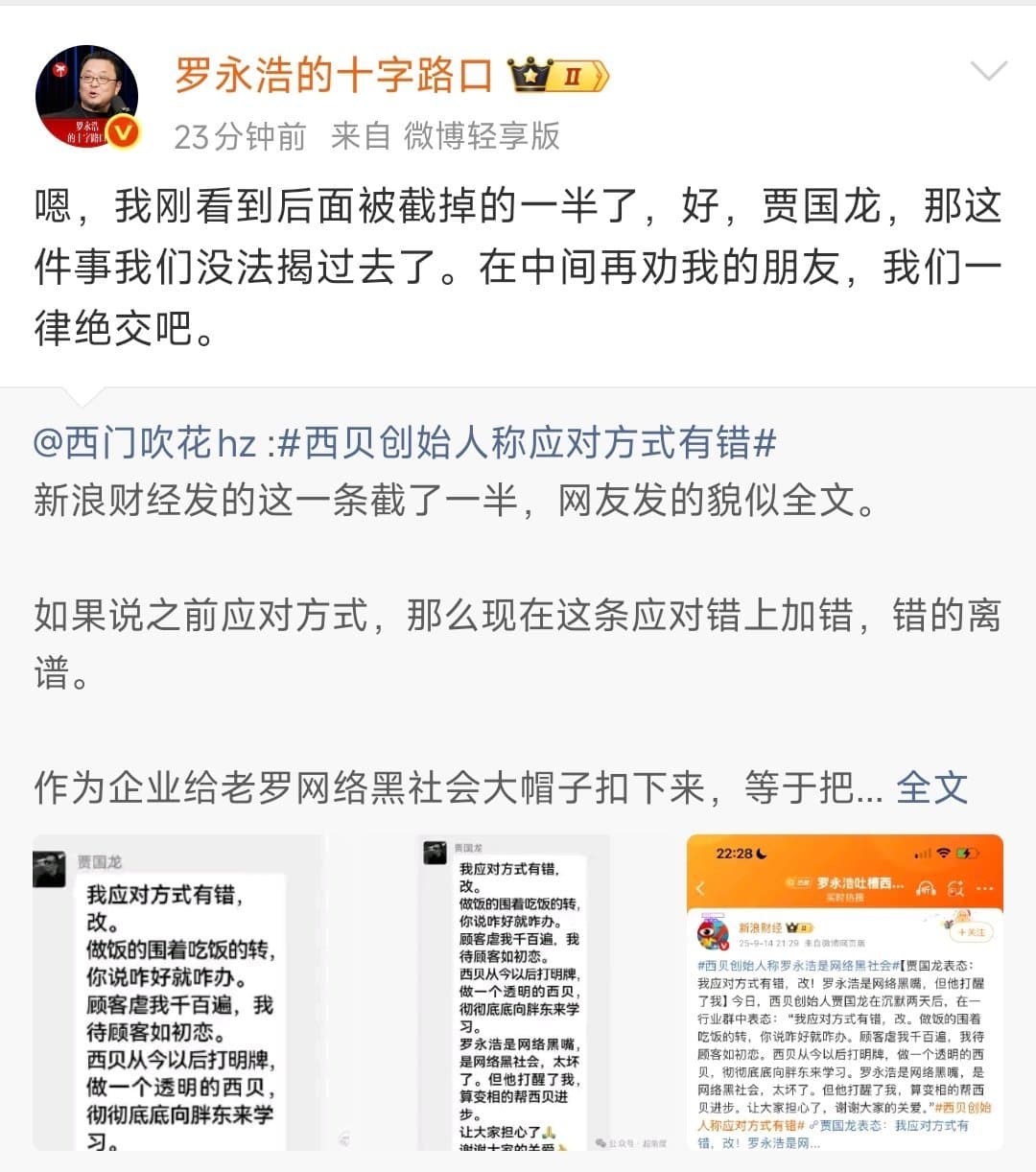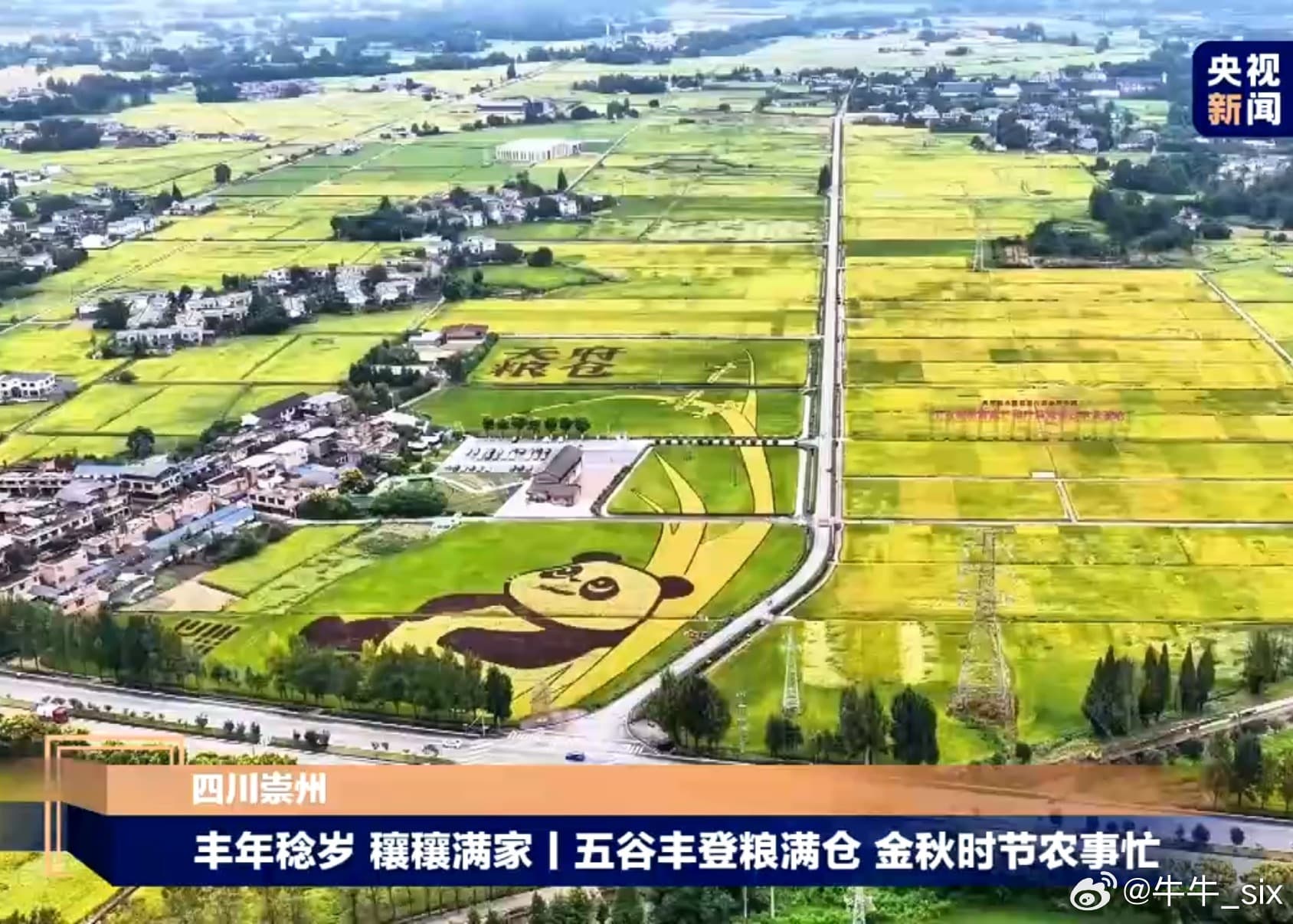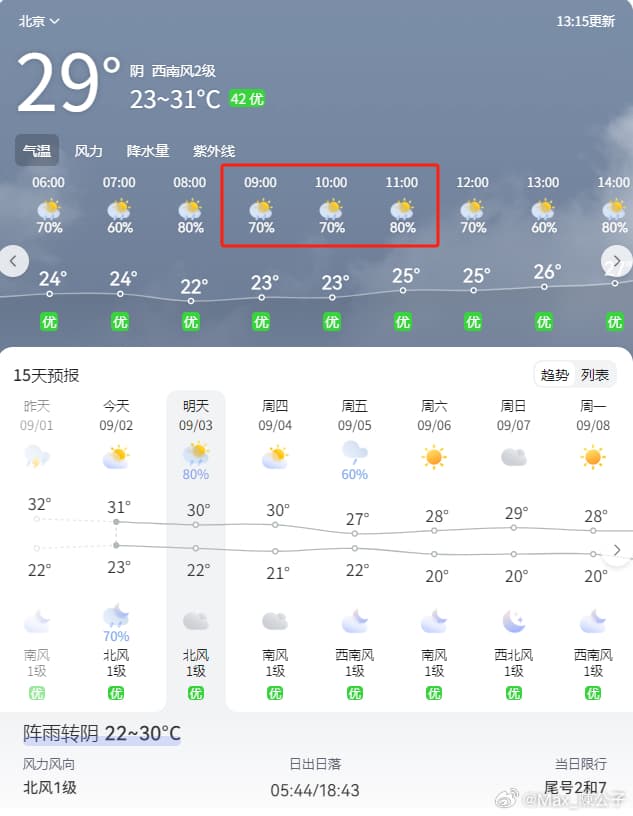Han Kuo-yu elected as head of Taiwan’s Legislative Yuan
In a significant political development, Kuomintang (KMT) legislator Han Kuo-yu secured a major victory by being elected as the Speaker of Taiwan's Legislative Yuan, gaining 54 votes. This outcome was the result of a hard-fought battle against the Democratic Progressive Party (DPP) candidate You Si-kun. The election took place on February 1st, and after two rounds of voting, Han emerged as the leader of the legislative body.

1 February 2024
Social media and news outlets were abuzz with reactions. Netizens took to Weibo, expressing their opinions with the hashtag #HanKuoYuElected. Many extended congratulations, highlighting Han's background as a descendant of Whampoa Military Academy graduates and a former professional soldier. His antecedents, including his father's involvement with the Chinese Expeditionary Force in Myanmar and India during the war against Japan, were noted by supporters as part of a storied legacy.
His victory is also seen as a strategic position for the KMT, as the Speaker of the Legislative Yuan is considered the fourth most important political figure in Taiwan. This marks a turning point in Han Kuo-yu's political career, which has seen its share of ups and downs, including his time as the Mayor of Kaohsiung.
The election process was not without its drama. In a video that went viral, a satirical exchange questioned the nature of "worldly determination," featuring Han Kuo-yu and political figure Ko Wen-je in a humorous dialogue with Wang Shi-kian. The incident was illustrative of the intense scrutiny and media spotlight that the election attracted.
Some commentators took a cynical view of the political machinations, with phrases like "shallow ponds have lots of toads, and small temples have big demons" being used to describe the election. There were suggestions of a deal struck between Ko Wen-je and Han Kuo-yu, which, if the first round of voting did not result in a majority for any candidate, would lead to Ko's faction abstaining in the second round, thereby ensuring a KMT victory.
The election was a close one, with the first round of voting showing Han with 54 votes, You Si-kun with 51, and Huang Shan-shan of the People's Party with 7. The second round's dynamics changed as certain votes were withheld, resulting in Han's victory.
It wasn't just his triumph that drew attention; Han Kuo-yu's past statements and positions, such as his support for the "1992 Consensus," were also brought into focus. Sentiments on Weibo reflected a strong polarization of views, with some supporting the "blue and green," referring to the KMT and DPP, respectively, while others were more critical, using derogatory language to describe Han.
Amidst a flurry of emotive commentary, some Weibo users appeared confused initially with the news, mistaking it for an event involving South Korea due to Han's name's similarity to the country's name.
Meanwhile, some commentators seized the moment to rehash Han's overarching political stance, encapsulated in phrases like "Defense relies on the US, technology relies on Japan, markets rely on the Mainland, and effort relies on oneself," dubbed as the "Four Dependencies" policy by Han.
Amid all the social media buzz, a plethora of messages flooded Weibo, with users reposting news, expressing support, or simply showing their amusement or confusion at the unfolding events. Some users were earnest in their congratulations, while others engaged in banter or raised further questions regarding the implications of the election outcome.
Overall, Han Kuo-yu's election as Speaker of the Legislative Yuan has certainly captured the attention of Taiwanese citizens and has been a subject of vigorous discussion and debate on social media platforms such as Weibo. As the new legislative session commences, the effects of this election on Taiwan's political landscape and cross-strait relations will be closely observed both domestically and internationally.



